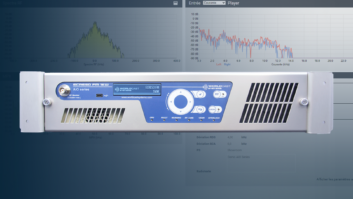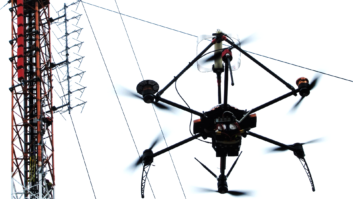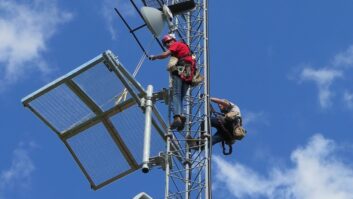The White House is taking a raft of actions to boost the integration of drones into daily life and commerce, including advancing privacy protections through various voluntary efforts.
The White House Office of Science and Technology Policy said the steps build on the Federal Aviation Administration’s Small UAS (Unmanned Aircraft Systems) rule announced earlier this year for drones under 55 pounds. The rules do not deal with privacy, but the FAA and DOT strongly encourage UAS pilots to check local and state laws before gathering info via remote sensing or photography.
The National Telecommunications & Information Administration, the White House’s chief telecom policy advisor, also developed privacy recommended best practices, in association with stakeholders, which included a carve-out for journalists.
Among the practices that apply to other users — TV and film producers that are increasingly using the technology — include making reasonable efforts to provide prior notice; limiting the collection, use and storage of data covered by the guidelines; protecting the collected data; and monitoring and complying with state laws.
Related: Court Denies Challenge to Lack of Drone Privacy Rules
TV news, sports and entertainment operations are increasingly using drones to get close to the action or capture the right shot remotely.
The White House said Tuesday that CTIA: The Wireless Association, the U.S. Chamber of Commerce, The Commercial Drone Alliance and others are launching a broad educational effort into privacy best practices, including holding town hall meetings and workshops across the country.
In addition, the Future of Privacy Forum, Intel, and PrecisionHawk released a new report, “Drones and Privacy by Design: Embedding Privacy Enhancing Technology in Unmanned Aircraft.” The White House said one of the takeaways from that report is: “The widespread adoption of geo-fencing and other technologies is enabling drones to reduce privacy risks while tackling important, often life-saving missions.”
Among the other key actions being taken are: 1) $35 million in funding for a five-year study by the National Science Foundation on beneficial applications of drones including the study of severe weather, infrastructure inspection; 2) deploying drones in search and rescue operations by the Department of the Interior; 3) using drones to encourage STEM education; and 4) the post office is also planning to publish new findings on using drones for package delivery.
The announcement is part of a White House workshop on drones and the future of aviation. The White House says the commercial drone industry is expected to generate upwards of $82 billion for the U.S. economy and as many as 100,000 new jobs by 2025.
Among those celebrating the White House initiative was Google, which is throwing a party Tuesday to “Toast the Future of Drones,” according to a copy of an invitation the company sent out.
“Unmanned aerial systems have the potential to totally revolutionize our economy and way of life,” said Sen. Mark Warner, D-Va., who has been a strong supporter of research and development on unmanned systems including drones and driverless cars. “On an experimental basis, drones are already helping to transport medicine and supplies to underserved and remote communities, supporting first responders in fighting wildfires and mounting search-and-rescue efforts, boosting agriculture and environmental protection, and much more. We need to be looking at how we can more broadly and safely integrate drones into American airspace, both right now and for the future,” said Sen. Warner. “Today’s announcement is another important step forward in realizing the enormous potential of unmanned aerial systems, and will help speed up our development and adoption of this technology, which still lags behind other countries.”
— Broadcasting & Cable












